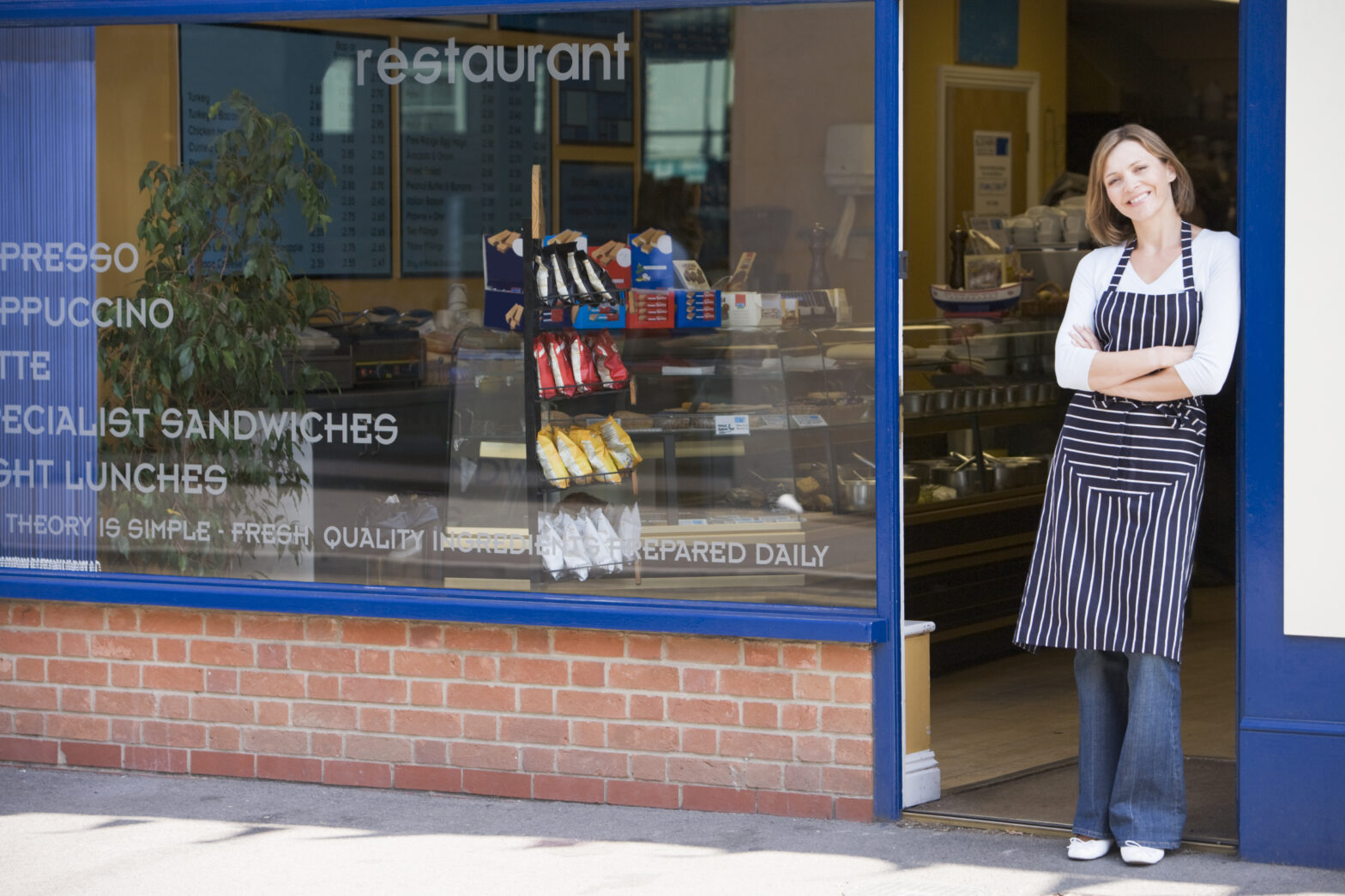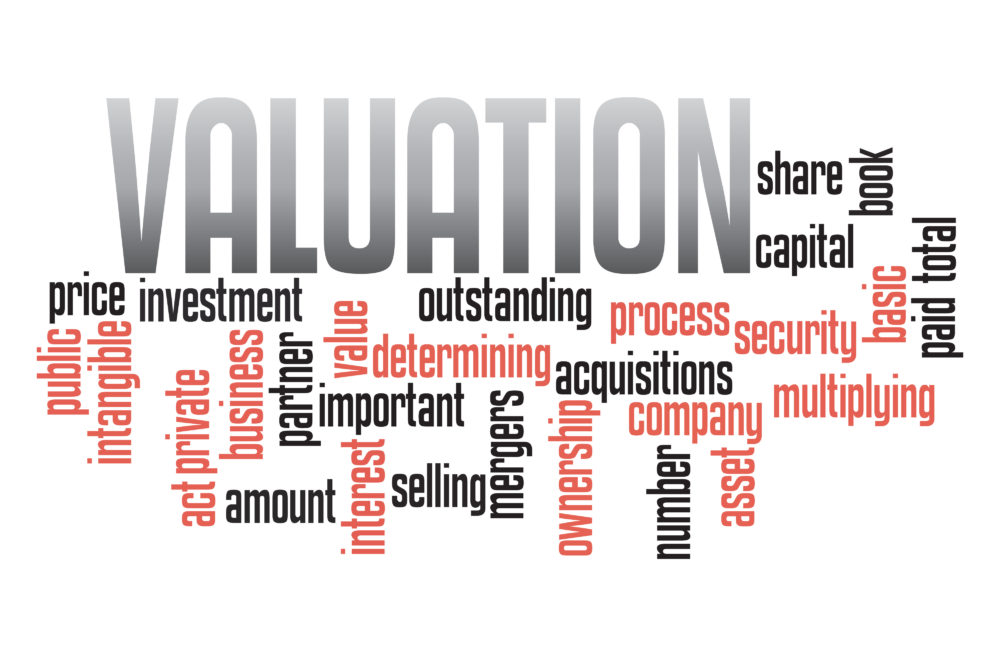It is important to take into consideration that different types of business have different essential requirements: location, size and surrounding amenities are all variable per industry, but cost will always play a major part in effective operations.
Location, location, location…
Before even starting to whittle down on the basis of size and cost, deciding on a location is the first – and arguably most important – step.
The nature of your business will determine where you need to be and the cost-size ratios available within your budget.
In businesses where passing foot traffic will make all the difference to success or failure, a prime location will be vital to potential customer projections.
For other trades – those which travel to the customer (such as electricians and plumbers), or web-based businesses and mail-order companies – high street positioning would be an unnecessary expense when a lower rent would be much more advantageous to profit margins and customer experience.
In short, by referencing the business target market, suitable locations will be determined by transport links and parking, relevant competition, delivery restrictions, local authority charges (for waste collection, for example), local amenities and the demographic makeup of the area.
Size matters
Once you have found an area that suits your business needs, the available units can then be considered in terms of practical daily trading.
The appearance and structure of the building, both externally and internally, will impact both effectiveness and cost.
For example, maintenance could be more expensive in certain buildings, and permissions -including planning permission – may not be available for your specific type of business.
Utilities (such as suitable power sources and drainage) should be subject to objective assessment, whilst standard facilities for employees and visitors – including appropriate disabled accesses, kitchen amenities, toilets and fire exits – should be carefully investigated.
At this point it might be wise to consider the various sites in terms of future expansion: cafes and bars build their trade based on their specific location, so although the costs of a larger unit may be high in the initial trading period, optimal growth may well be hampered by a space that is too small.
Therefore, consideration as to whether the space is flexible enough to accommodate business expansion would be best undertaken in the early stages.
Cost vs cash flow
Any choice of premises depends upon budget. So, whether renting or buying, it is important to include the following figures in your cash flow projections: initial purchase or rental costs, legal fees (such as surveyor’s charges, solicitor’s fees and licenses), alterations and decorative costs, as well as any changes required for compliance with building, health and safety and fire regulations.
In terms of annual costs, business rates, service charges, ongoing maintenance and repair charges, buildings insurance and the appropriate liability charges should be included.
Utility charges (such as water, gas and electricity) can be estimated as sellers and landlords have an obligation to provide an Energy Performance Certificate (EPC).
When applying these cost calculations to projected revenue it will be easy to see whether a specific property is appropriate and affordable for your needs.
You will then be able to compare the viability of the site with others in order to be able to make an informed decision about the best premises for your business.
Keeping it legal
When taking on a business premises, it is important to understand the legal obligations that will affect you. These are threefold:
Building safety: You must comply with building, fire and health and safety regulations, as well as any local noise and pollution regulations, which may affect or restrict delivery times, waste disposal, or any other regular works.
Staff and customers: You must provide an appropriate work environment and are responsible for the health and safety of both employees and visitors. If you trade with the general public, you must also take ‘reasonable steps’ to make the premises accessible.
Leases and licenses: You will need to comply with the terms of any lease or license agreement, and you are responsible for acquiring any special permissions or licenses that may be needed to operate or sell specific goods or machinery.
If you are a tenant, there are a number of responsibilities that are shared with your landlord – it is important to know exactly what these are.
Once you have fully researched the options available to you, take time to differentiate between the desirable and the essential. Although keeping costs low is always sensible, they should always be considered in terms of target market and projected turnover, so compare all potential properties and then draw up a shortlist to view.
No matter what your ultimate decision is, always make sure that you have a legal professional check the final paperwork before signing.
By Nicky Tatley, Senior Writer at BusinessesForSale.com, the market-leading directory of business opportunities from Dynamis. Nicky writes for all titles in the Dynamis Stable including PropertySales.com and FranchiseSales.com.





